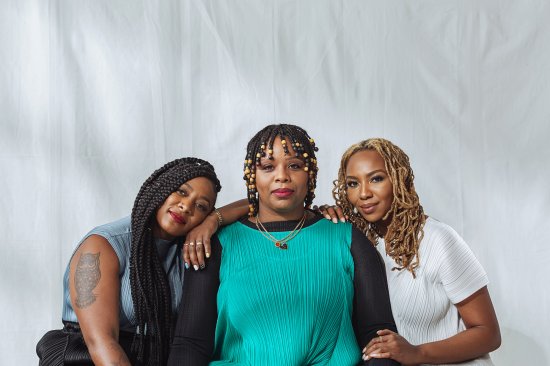
I first heard about the Black Lives Matter movement the year my son Trayvon was killed. It wasn’t on a national level yet. It was just something that people were saying in our circles. To know that Patrisse Cullors and Alicia Garza and Opal Tometi were out there organizing this movement—I felt supported and encouraged.
There are only three of them, but they are everywhere. They are getting people to think: What if you had a 17-year-old son in a hoodie, and no weapon, just a candy and a drink, and now he’s dead on the ground? What if your daughter was sleeping in her own bed and the police knocked down the door and killed her? How would you feel? That is what “Black Lives Matter” asks.
[time-brightcove not-tgx=”true”]
The moment that I was going through my own tragedy, the same things were happening with Eric Garner, Mike Brown, Tamir Rice, Jordan Davis, Dontre Hamilton and Oscar Grant. I’m in a circle with all of their families, and we continue to lift one another up. And it continues to happen—to George Floyd, Ahmaud Arbery, Breonna Taylor and more.
But this year feels different. Since the video came out of the brutal killing of George Floyd, people are actually witnessing what African Americans have been going through most of our lives. Once you see it, you can’t unsee it. Once you feel the pain in your chest, you can’t unfeel that pain. I’m glad to see there are more young people getting involved, more nationalities, more races—the protests are now a rainbow of people from all walks of life, in different countries, joining and saying, “Black lives do matter.”
This is about human lives. We want people to support us, stand with us, write a letter, speak to your local officials, join a rally. Do something. Make sure people are hearing your voice saying, “Black lives matter.” We can’t give up. Patrisse, Alicia and Opal won’t.
Fulton is founder of the Trayvon Martin Foundation
[video id=xf1ouxz4 ]Buy a print of TIME’s Alicia Garza, Patrisse Cullors and Opal Tometi cover.